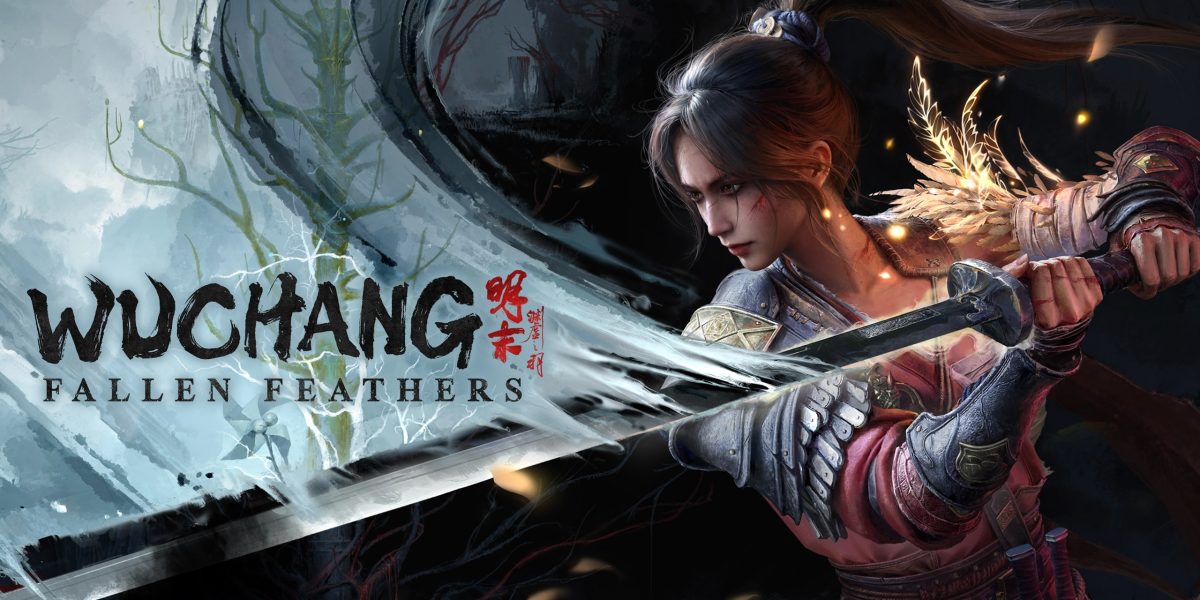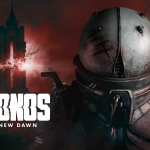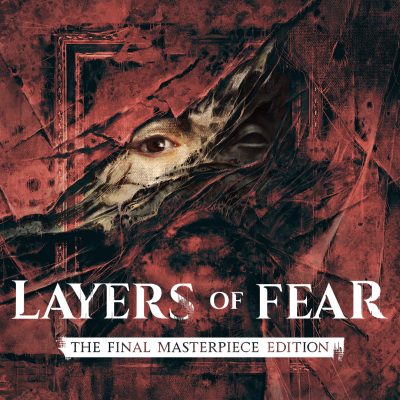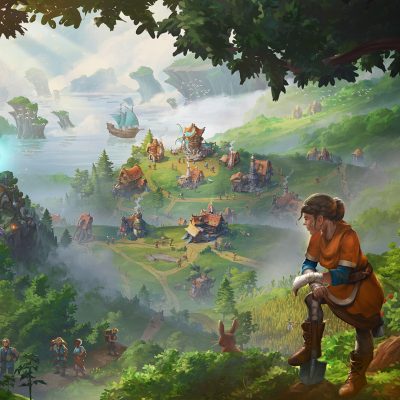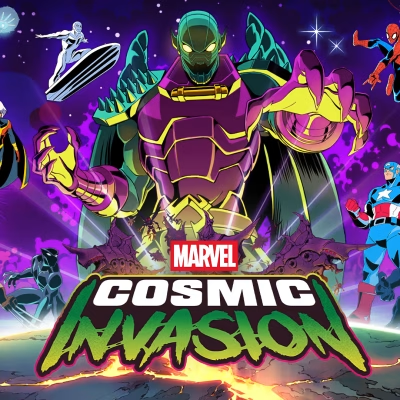It seems like a wave of Chinese Soulslike-inspired games is flooding the market, and Wuchang is one of them. Much like Wukong, it’s been surrounded by plenty of buzz and controversy.
At its core, though, the game is really a hack-and-slash that borrows elements from the Soulslike formula. In fact, most of the new Chinese AAA releases seem to follow this same path, carving out their own subgenre, something I’d call “Soulslike-like.”
The main focus of Wuchang is clearly its combat system, and I have to admit the developers nailed it. The core mechanics are satisfying and varied, with a wide arsenal of weapons, combos, abilities, and magic spells to experiment with. On top of that, the inclusion of mechanics like Feathering and Madness add fresh layers of challenge and force you to adapt your playstyle in creative ways. Enemy variety is another strong point, both in design and behavior, offering a steady challenge that keeps encounters engaging. And of course, the bosses deliver exactly what you’d hope for from a Souls/hack-and-slash hybrid: unique, epic, and memorable battles that really put your skills to the test.
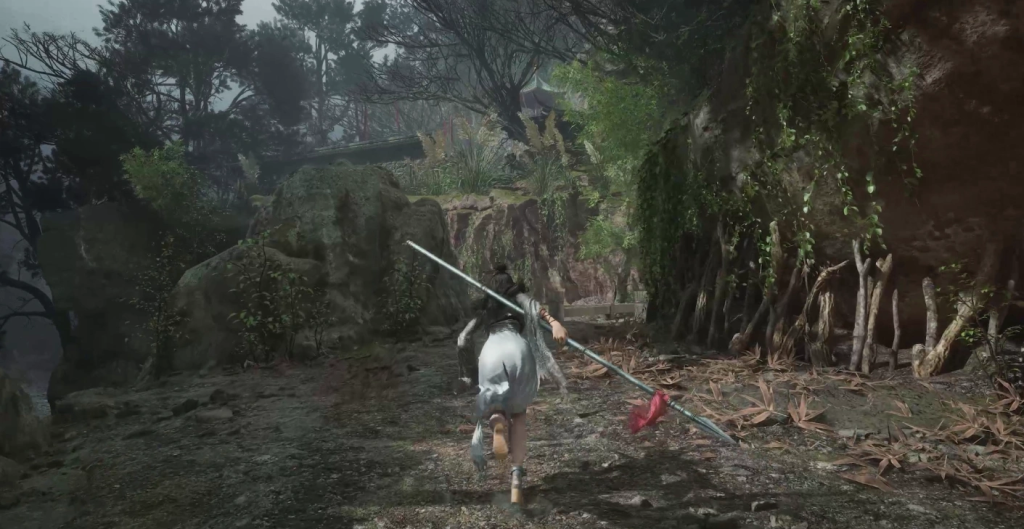
The combat shines, the bosses impress, but the level design? A complete disaster.
Although Wuchang isn’t an open-world game and is technically quite linear, it constantly places you at crossroads that quickly become more frustrating than engaging. In most games of this type, you navigate either with the help of a map or through clever visual cues that distinguish main paths, side routes, and hidden areas, making exploration rewarding. Wuchang, however, offers neither; With no map and almost no visual creativity, every corridor looks the same. More often than not, you’re forced to pick a path at random, only to realize later whether it was the “right” direction or just a detour.
Another serious issue with the game’s level design is how hollow exploration feels. You can spend time navigating twisting passages and uncovering hidden paths, only to find nothing worthwhile waiting for you; No boss, no lore, not even a useful item. It leaves the act of exploring feeling unrewarding and ultimately meaningless.
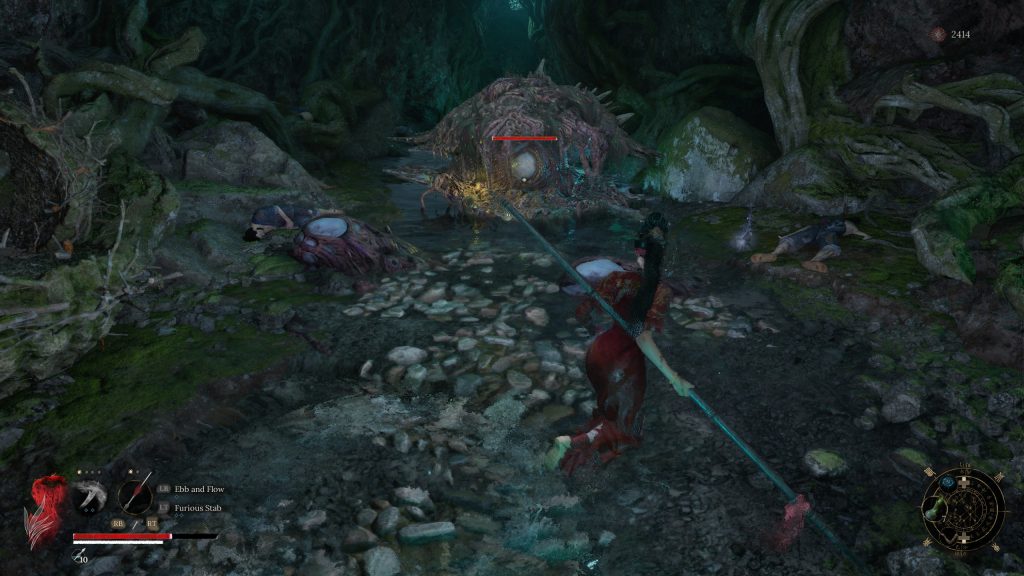
When it comes to the narrative, Wuchang opts for a very straightforward story with an equally direct style of storytelling. There are plenty of characters, NPCs, and side quests to encounter, but few of them manage to leave a lasting impact. The supporting cast rarely delivers stories that feel compelling or emotionally meaningful. On top of that, the game overwhelms you early on by throwing a flood of NPCs, questlines, and exposition your way. This sudden information dump can feel exhausting or even confusing, and ultimately diminishes the significance of those characters.
That’s not to say the story is bad; in fact, it’s engaging enough on its own terms. But veteran Soulslike players will know what I mean here: we’ve come to expect something deeper—layered storytelling that unfolds through exploration, subtle lore, and carefully placed details. Wuchang takes a different route, and for some, that might be a missed opportunity.
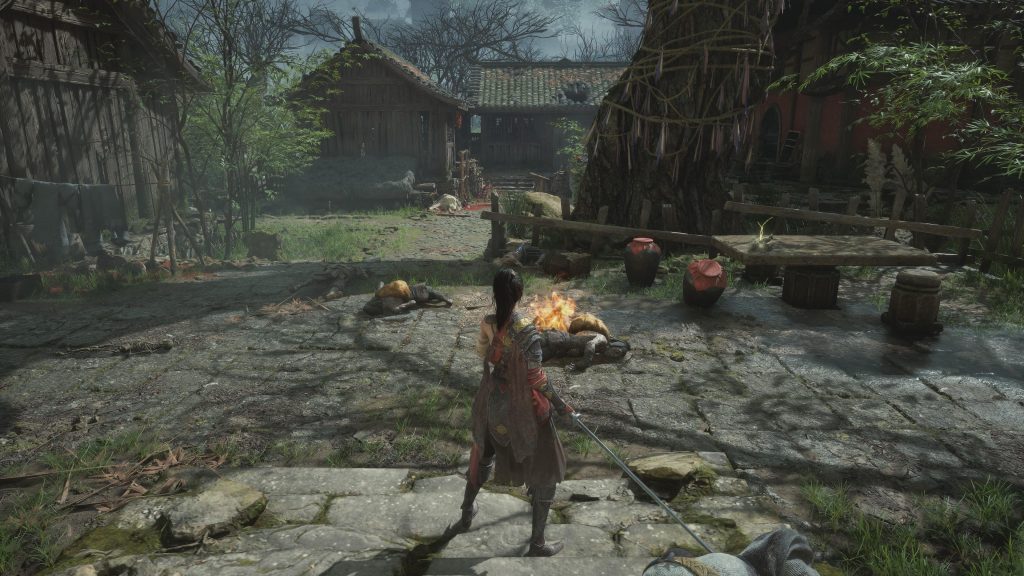
The skill tree takes an unusual approach. Instead of upgrading your core stats directly, progression is tied to weapon branches. Unlocking a branch grants abilities for that weapon as well as related stat boosts like strength, agility, feathering, or magic. While it’s an interesting idea, the system feels restrictive and unintuitive. Worse still, the game doesn’t explain it well. Key upgrades, such as flask capacity, healing efficiency, or weapon enchantments, are buried in branches with little guidance, leaving players confused rather than empowered.
The art direction deserves real praise; Environments, characters, enemies, and bosses are all beautifully crafted, and the animations, both in movement and combat, feel fluid and cinematic. Unfortunately, the technical side doesn’t hold up as well. Performance issues like poor optimization, frame drops, rendering problems, and occasional physics bugs can break immersion. Still, for a $50 title and the studio’s first serious project, Wuchang offers 15–20 hours of solid entertainment. Its intense combat and rich ancient China setting make it a worthwhile experience, even with its flaws.



